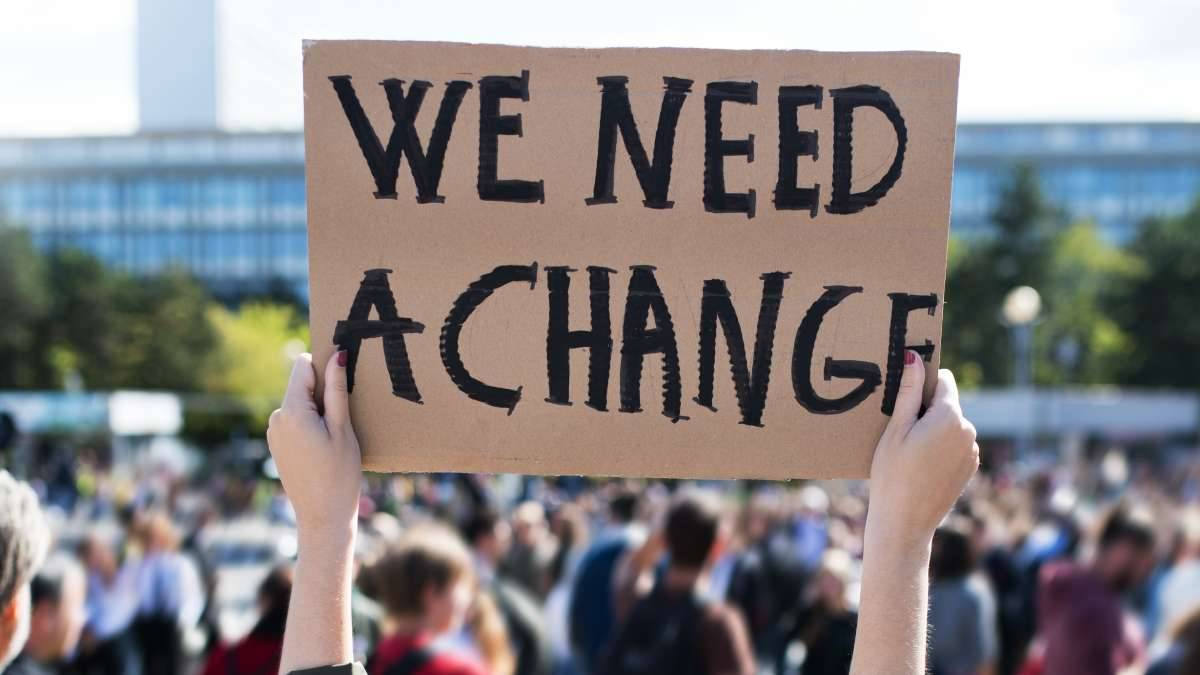
Future of World Politics
ARTICLES | Dec 23, 2022
Writer: Nuttawut Kulkaew
Editor: Wittaya Wonglor
In a volatile, uncertain, complex, and ambiguous world, the global political situation will increasingly shape lifestyles, economies, and societies at individual, regional, and global levels. FutureTales Lab by MQDC forecasts global politics in 2023-25:
There will be collective distrust of individuals, leaders, and authorities on a regional and global scale in 2023. Multilateralism will fail even with treaties. The ongoing Ukraine-Russia war will lead to a global Cold War 2.0, affecting countries that support either Ukraine or Russia and those that are neutral. The war many continue to intensify like Israel-Palestine, impacting the global economy and driving mass emigration. Thailand could become a haven for migrants who are talented workers, affluent consumers, and investors to come and stay long stay or become permanent residents. This will lead to capital migration from high-risk countries to Thailand. Concern about health and well-being could drive social movements calling for openness on viral and animal-to-human diseases, especially their cures and vaccines.
Global politics will intensify in 2024. The United States election will be a crucial battle between nationalist and liberal political groups. The outcome will help determine the direction of international relations worldwide. Given global recession, the decline of multilateral institutions, and stressful climate circumstances, trade cooperations may break down. This tremendous political tension will also affect healthcare systems as countries face emerging diseases in different areas and rising crime worldwide every year. Thailand's political and economic situation will still be affected mainly by the United States and China, together with the tension of the public debt burden.
The year 2025 will decide whether Thailand and other developing countries can move forward or head back to being underdeveloped due to the long-term effects of COVID-19 and recession. Many countries face similar problems, such as climate crisis, cybercrime, falling commodity prices, corruption, the middle-income trap. They will try to maintain the national economy instead of exporting. It is worth watching whether trade alliances and multilateral institutions cooperate and return together effectively or escalate conflicts and divisions. But only some conflicts would gain international attentions since people will get used to trade and political conflict. New forms of warfare, such as urban infrastructure devastation through cyber warfare, will be emerging to ruin cities and destabilize countries. Thailand needs to find ways to boost its economy with practical and sustainable approaches, especially when people lose confidence in the stability of the Thai baht. There may also be an exponential growth of digital transactions, assets, and platforms. Applications of blockchain data management will be prevalent in many industries, such as the creation of financial products, innovations in customer relationship management, supply chain management, and account management. But there must be an eye on the impact of decentralized finance and centralized finance for business growth.
Implications for the future:
- Global conflict in 2023-25 will drive city developers to focus on making infrastructure and cybersecurity safe, resilient, and sustainable.
- The political and economic instability will push many workers back to big corporates. Organizations that can attract high-potential workers must have long-term vision and a solid but flexible HR system. Such companies must fully and appropriately nurture good relationships between companies and among employees, their families, and business stakeholders.
- As their country could become a long-term haven for skilled talents, investors, and high-purchasing-power immigrants, medium and large businesses in Thailand may be able to expand greatly even if the overall economic outlook remains sluggish.
- Investment will be a big challenge for the government during the recession to boost the economy and city development, including investing in domestic infrastructure.
Want to know more about us? Click https://www.facebook.com/FutureTalesLABbyMQDC or follow at https://www.blockdit.com/futuretaleslab











